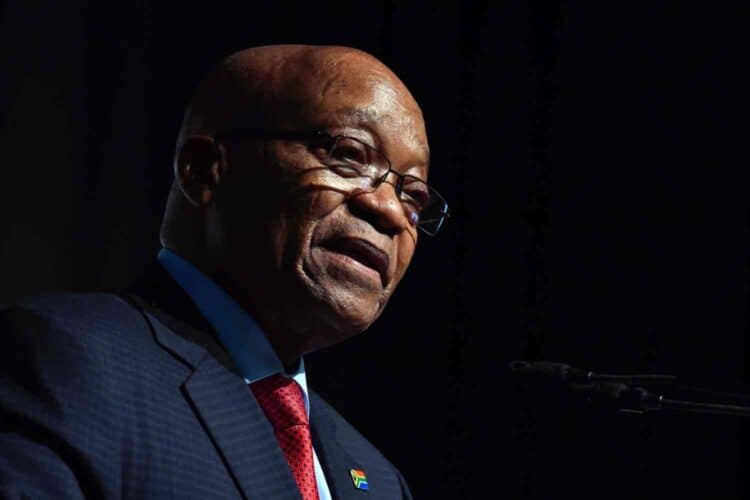South Africa’s history is rich and multifaceted, encompassing events that have shaped not only the nation but also the wider African continent and the world.
These historical events happened on 14 February
On 14 February, several pivotal moments in South African history unfolded, each contributing to the country’s complex historical tapestry. From political shifts and declarations of solidarity to strategic military withdrawals, this date marks significant anniversaries across different centuries.
1. President Jacob Zuma Steps Down (2018)
On 14 February 2018, Jacob Zuma announced his resignation as President of South Africa, marking the end of a controversial tenure plagued by scandals and internal disputes within the African National Congress (ANC).
The resignation came after the ANC formally asked Zuma to step down, threatening a vote of no confidence that would have forcibly removed him from office.
Zuma’s departure and Cyril Ramaphosa’s subsequent election as president were pivotal in South Africa’s political landscape, reflecting the ANC’s internal struggles and the nation’s demand for clean governance.
2. Samora Machel Pledges Solidarity with South Africa (1981)
The spirit of African solidarity was strongly evident when Mozambique’s President Samora Machel, on 14 February 1981, declared his support for the South African people in their fight against apartheid.
This declaration followed the brutal Matola raid by South African forces, which resulted in the death of more than 14 ANC members. Machel’s pledge, made alongside ANC President Oliver Tambo, highlighted the regional opposition to apartheid and highlighted the interconnectedness of liberation movements in Southern Africa.
3. Zulu King Threatens Separate State (1994)
In the lead-up to South Africa’s transition to majority rule, Zulu King Goodwill Zwelithini, on 14 February 1994, expressed intentions to establish a Zulu state encompassing KwaZulu homeland and Natal province.
This move, seen as a challenge to both the South African government and the ANC, revealed deep-seated ethnic and regional tensions. The king’s stance also spotlighted the intricate negotiations and political manoeuvring that characterised South Africa’s path to democracy.
4. Hertzog and Smuts Form Coalition (1933)
The political landscape of South Africa saw a significant shift on 14 February 1933, when Generals J.B.M. Hertzog and J.C. Smuts agreed to form a coalition government, merging the National Party and the South African Party.
This coalition, aimed at stabilizing the government during economic difficulties, marked a controversial moment in Afrikaner politics, leading to divisions and the eventual establishment of the Purified National Party by D.F. Malan. The coalition reflected the complexities of South African politics, balancing between British influence and Afrikaner nationalism.
5. British Withdraw from Colesberg (1900)
The South African War saw significant developments on 14 February 1900, as British forces withdrew from Colesberg. This strategic move was part of the broader military operations against the Boers, aiming to secure key positions and confront Boer forces effectively.
The withdrawal and subsequent events highlighted the challenges faced by British forces in the conflict, including the difficulties of terrain and the determination of Boer resistance, which played a crucial role in the dynamics of the war.






